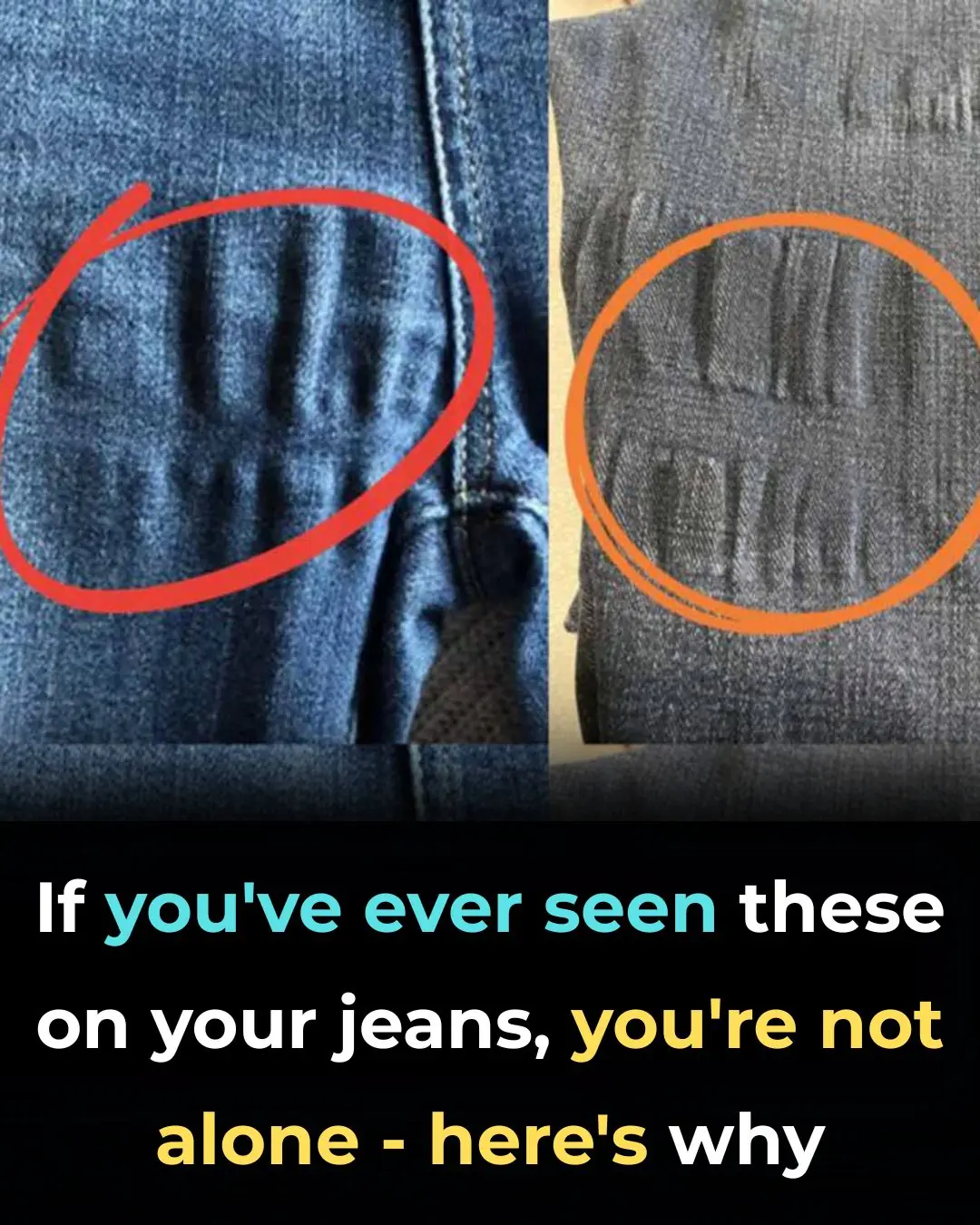
World’s Rarest Blood Type Discovered—Only One Woman Has It
In a world of over 8 billion people, one woman stands out - not for her fame, wealth, or achievements, but because of what flows through her veins. Scientists have discovered a previously unknown blood type, and as of now, only one person on the planet possesses it. Dubbed “Gwada negative”, this mysterious blood has defied medical classification, puzzled geneticists for years, and forced healthcare professionals to rethink the entire system of blood compatibility.
The woman, now 68 years old, lives with a genetic profile so rare that she cannot receive blood from any other human being. She is, quite literally, the only known person in the world who can donate blood to herself.
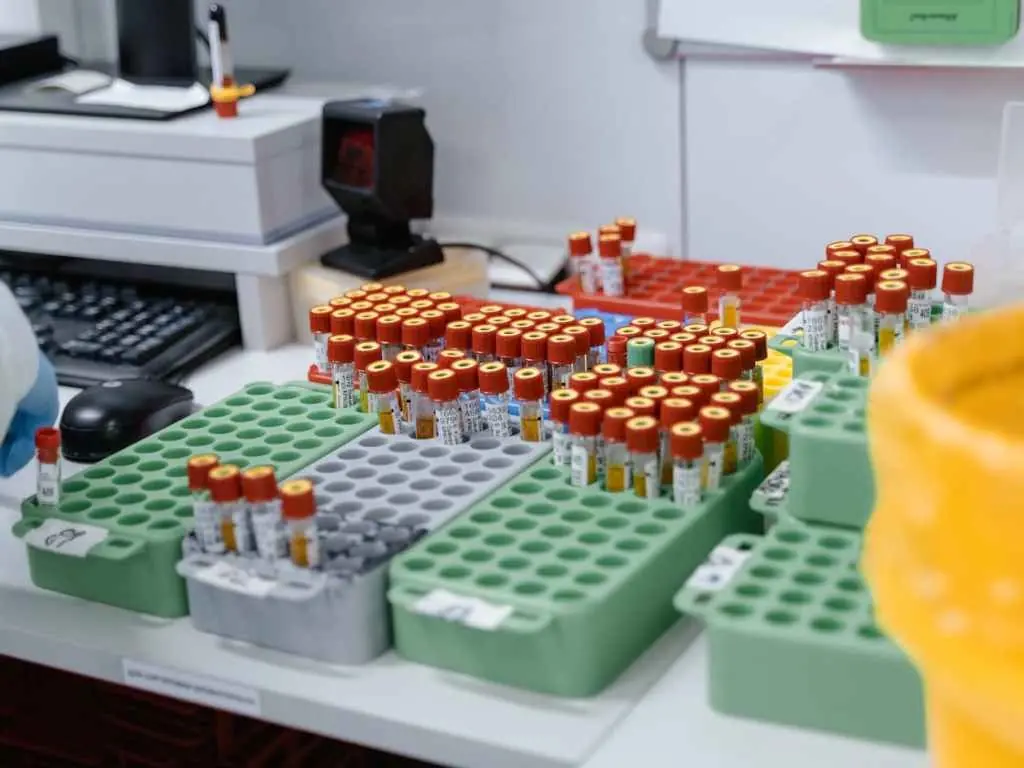
A Medical Mystery Begins With a Routine Blood Test
The extraordinary discovery began in 2011, in what was supposed to be a standard pre-operative blood test at a Paris hospital. At the time, the woman - originally from Guadeloupe, a French overseas territory in the Caribbean - was 54 years old and undergoing preparations for surgery.
Lab technicians quickly noticed irregularities in her blood sample. It contained antibodies and antigens that did not match any of the 47 known blood group systems. Standard classification methods failed, and even the most advanced blood typing protocols couldn't assign her a label.
The case stumped doctors and was archived as a medical anomaly - unsolved but not forgotten.
“She Is the Only Person in the World Compatible With Herself”
Those chilling words were spoken by Thierry Peyrard, a leading medical biologist who was part of the team that investigated the woman’s case. His declaration underlines a terrifying truth: in the event of an accident or major surgery, no other person on Earth can provide her with a safe blood transfusion.
Most people, even with rare blood types, have backup options. O-negative blood, often called the “universal donor,” is suitable in emergencies for the majority of people. But for this woman, even O-negative blood would be lethal. Her immune system would perceive it as a foreign threat, triggering a violent and potentially fatal immune response.
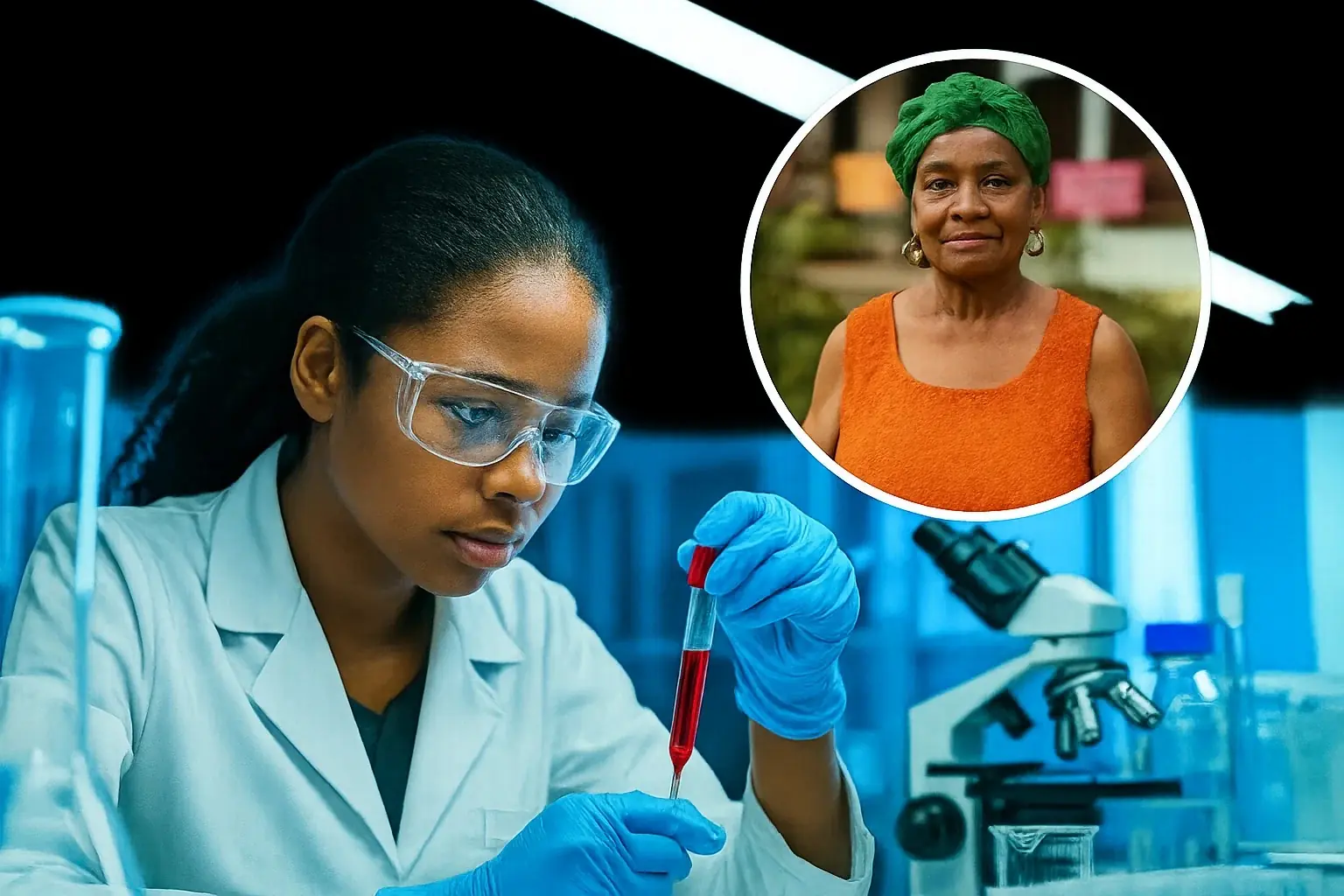
“Gwada Negative”: The Name Behind the Rarity
After nearly a decade of research and breakthroughs in genetic sequencing, scientists identified the cause of the anomaly: a rare mutation in a gene called PIGZ, which affects how certain proteins attach to red blood cell surfaces.
The woman inherited two mutated copies of the PIGZ gene - one from each parent. Neither parent had the condition themselves but were silent carriers. When these two rare mutations combined in their daughter, it led to a completely novel blood signature.
In June 2025, the International Society of Blood Transfusion (ISBT) officially recognized this unique genetic makeup as the 48th blood group system and named it “Gwada negative”, paying tribute to her Caribbean roots. The name was chosen because it phonetically evokes “Guadeloupe” and remains easily pronounceable in various languages.
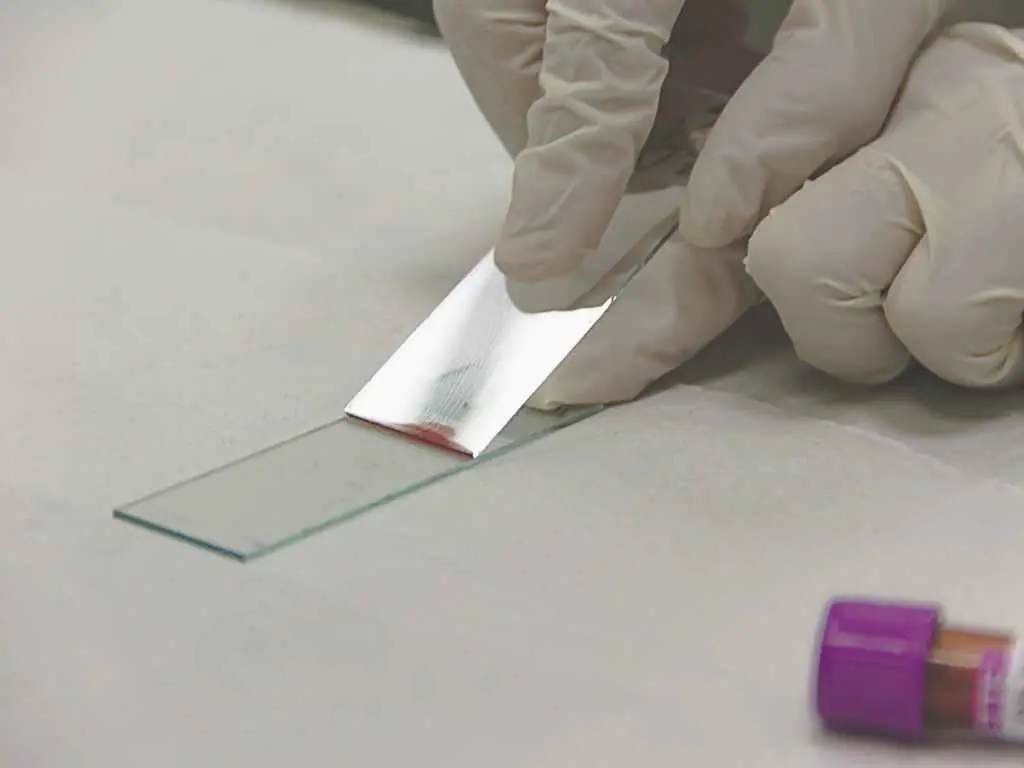
Eight Years of Silence - and Then, a Breakthrough
Between 2011 and 2019, the case remained unsolved due to the limitations of existing diagnostic tools. But by 2019, high-throughput DNA sequencing and genome analysis had advanced significantly.
A team of scientists at the French Blood Establishment (EFS) decided to reexamine the stored blood samples using new technology. After two years of genomic analysis, they finally cracked the code. The key mutation in the PIGZ gene alters the red blood cell’s surface structure so extensively that no known human immune system can tolerate it - except hers.
As Peyrard explained: “This discovery reshapes our understanding of blood compatibility. It’s not just a rare blood type - it’s a completely new system.”
When “Universal Donor” Doesn’t Apply
In standard medicine, O-negative blood is considered the go-to for emergencies because it lacks the antigens that commonly trigger immune responses. But for the woman with Gwada negative blood, there is no such safety net.
If she were to receive even a single unit of mismatched blood, her body could respond with hemolytic shock, organ failure, and even death. The immune system would launch a rapid attack on the foreign cells, leading to clotting, inflammation, and potentially fatal consequences.
This incompatibility extends beyond red blood cells. Plasma, platelets, and white blood cells from other donors would also be rejected, making even minor medical procedures a logistical and biological challenge.
Building a Blood Bank for One
Knowing her blood is incompatible with every other human presents practical concerns. To ensure survival, the woman must regularly donate her own blood, which is then stored for use in case of emergencies.
This practice, known as autologous donation, involves drawing, processing, and storing her blood in highly controlled conditions. The red blood cells can only be stored for up to 42 days, and frozen blood must be carefully rotated to maintain viability.
Her medical team has established a private blood bank - a system designed specifically around her needs. Every routine check-up, surgery, or even travel decision must consider this delicate blood supply chain.
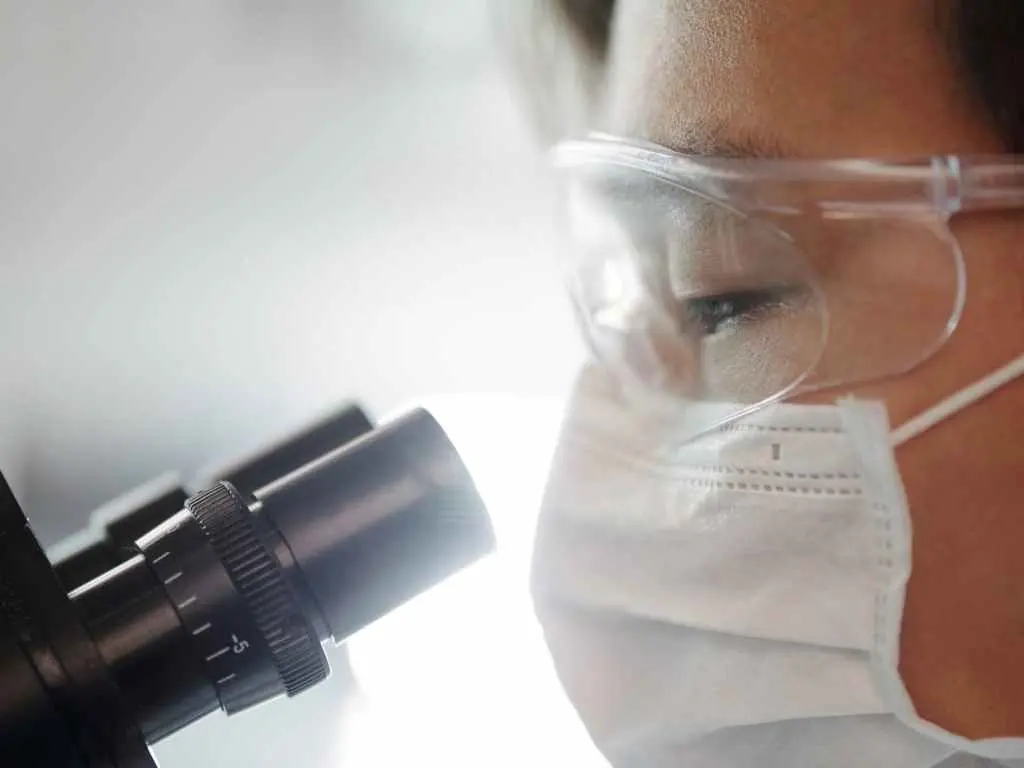
The Hunt for Others Like Her
Though she remains the only known case, scientists are hopeful that others with Gwada negative blood might exist, especially in genetically isolated populations. Guadeloupe and other Caribbean islands have complex genetic lineages shaped by migration, colonization, and indigenous ancestry.
Geneticists have begun to study blood samples from donors in Guadeloupe and surrounding regions in the hope of discovering another carrier - or better yet, a compatible match. Even one additional case could change this woman’s medical outlook dramatically, opening up possibilities for shared donations and treatment options.
Two Gene Mutations, One Unmatched Legacy
What makes Gwada negative blood so extraordinary isn’t just its uniqueness - it’s how it was inherited. While her parents were likely unaware of their genetic status, both passed on a rare variant of the same gene. Only when these two variants combined in their daughter did they produce something the scientific world had never seen.
This form of inheritance is a textbook example of recessive gene expression - but with life-altering implications. “It’s like winning the genetic lottery, except the prize is medical isolation,” one researcher remarked.
Beyond ABO: Blood Science Is More Complex Than You Think
Most people are familiar with the ABO system and Rh factor (positive or negative). But those systems only scratch the surface of blood compatibility.
Behind the scenes, scientists recognize dozens of antigen systems that impact how the body responds to transfusions. Each discovery leads to better matches, safer procedures, and a deeper understanding of human genetic diversity.
The 48th system - Gwada negative - is not just a rare footnote. It is proof that the human genome still holds medical secrets, waiting to be uncovered.
Living with the World’s Rarest Blood
From daily routines to life-threatening emergencies, the knowledge of having the world’s rarest blood type affects everything. Her medical ID must alert doctors to the impossibility of using donor blood. Every hospital visit requires special protocols, specialized teams, and contingency plans.
Her lifestyle must remain cautiously balanced between normalcy and preparedness. Travel is only possible to locations where her emergency blood supply can be managed or transported safely.
Despite this, her resilience has inspired her doctors and researchers alike. She remains in good health, and her case has catalyzed international research into rare blood types and the potential for synthetic alternatives.
A Glimpse Into the Future
This case could open doors for broader scientific advancements. Artificial blood development, once a concept of science fiction, is now gaining traction as a potential solution for people with rare or incompatible blood types. Stem cell research and gene-editing techniques also hold promise for creating tailor-made blood supplies.
Moreover, global blood databases are expanding, allowing researchers to identify rare donors and better prepare for unique cases like Gwada negative. With continued international cooperation, medical science may eventually ensure that no one has to face the kind of biological isolation this woman does today.
A Medical Marvel Hidden in Plain Sight
The woman with Gwada negative blood may not be famous, but her existence has already made an indelible mark on medical science. Her story serves as a reminder that human biology is more diverse and complex than we often realize. Somewhere in the vast sea of humanity, there may be others like her - hidden in remote communities, waiting to be discovered.
Until then, she remains a singular case in human history, with blood so unique that it may never be fully replicated again.
News in the same category

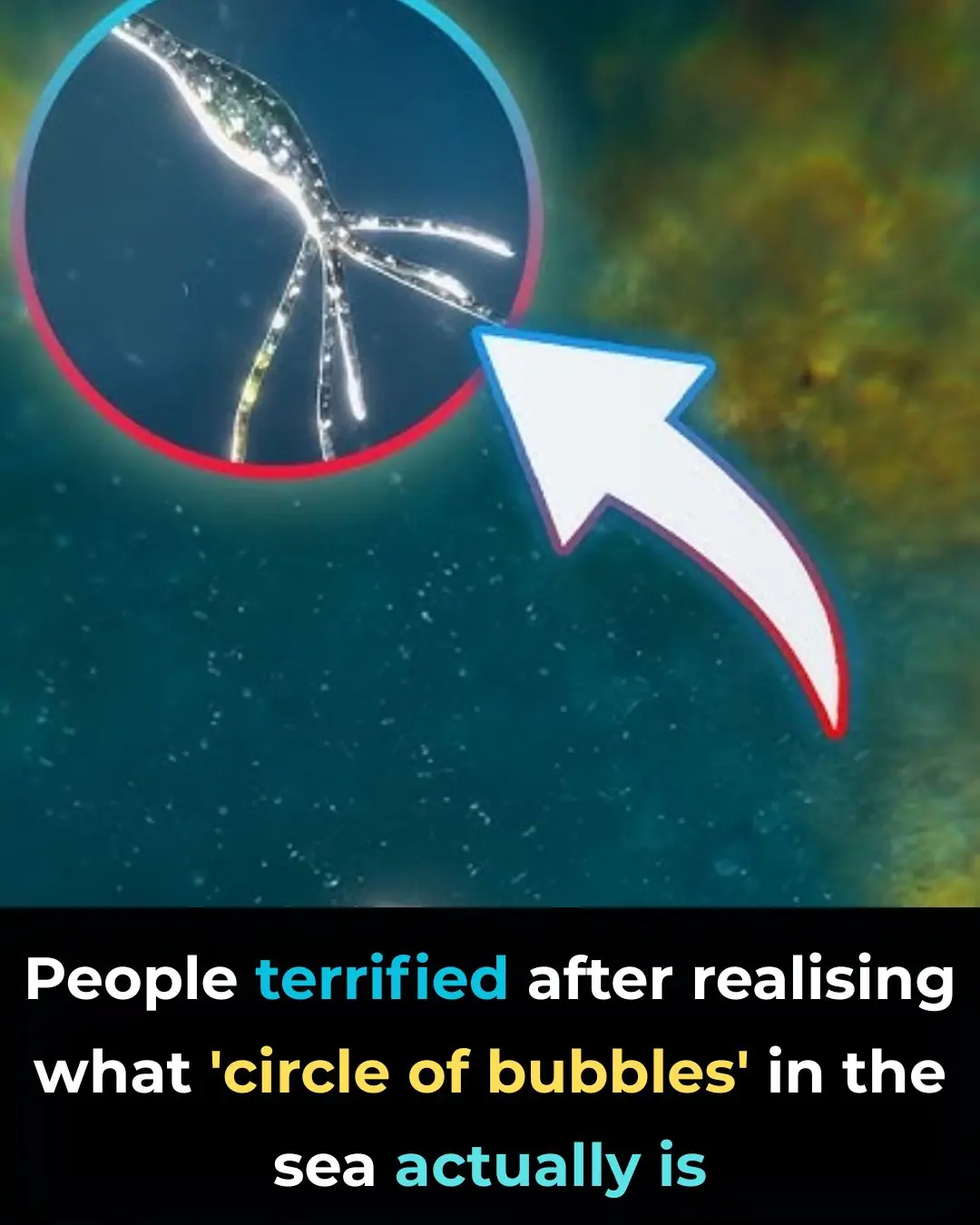
Terrifying Truth Behind Mysterious ‘Circle Of Bubbles’ In The Ocean Revealed

People Stunned After Learning The True Meaning Behind ‘SOS’ — It’s Not What You Think
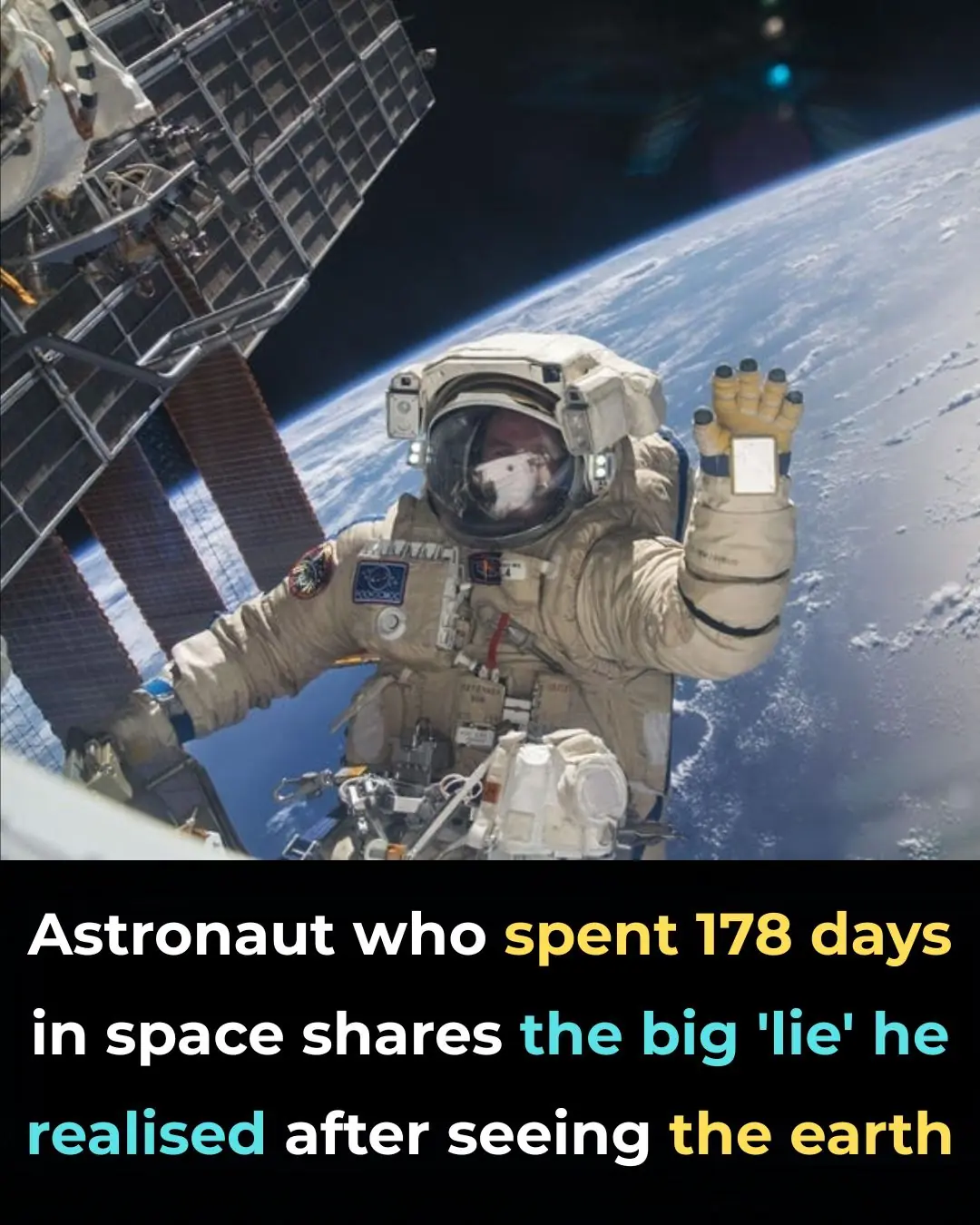
After Spending 178 Days In Space, Astronaut Shares a ‘Lie’ He Realized After Seeing Earth

People Shocked To Learn What The Small Metal Bump Between Scissor Handles Is Actually For
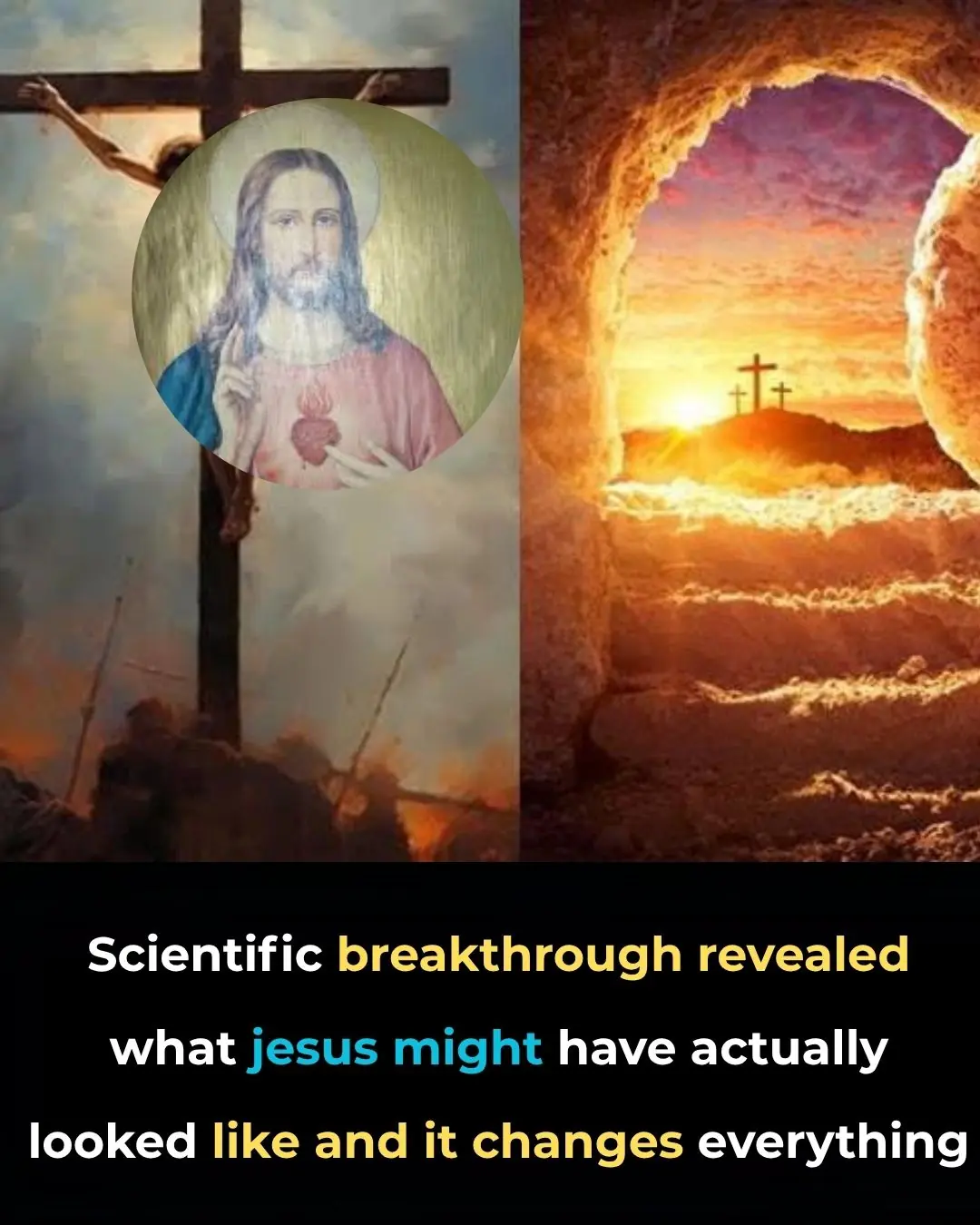
Scientists Use AI And Ancient Linen To Reveal What Jesus May Have Truly Looked Like
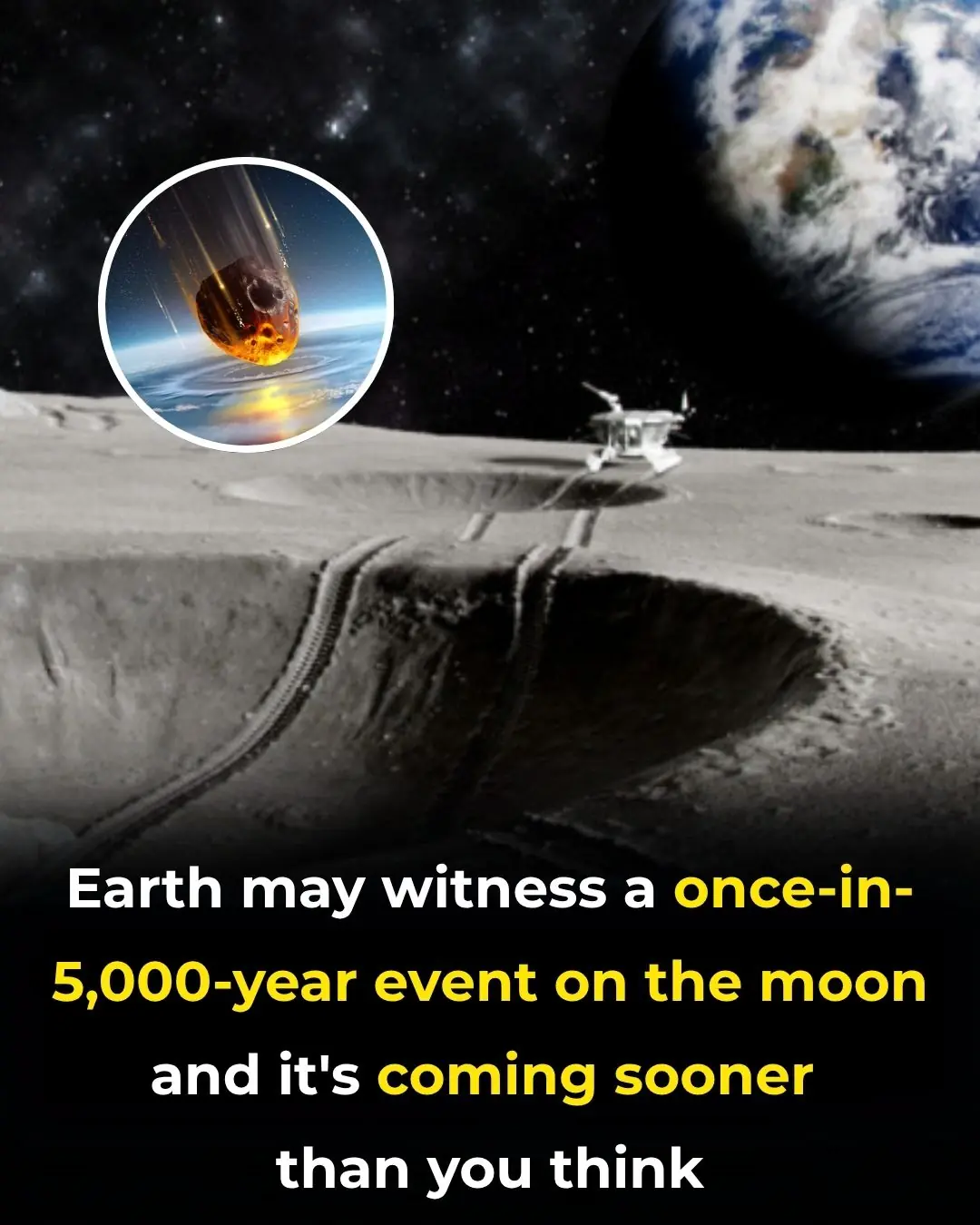
Earth may witness a once-in-5,000-year event on the moon and it's coming sooner than you think
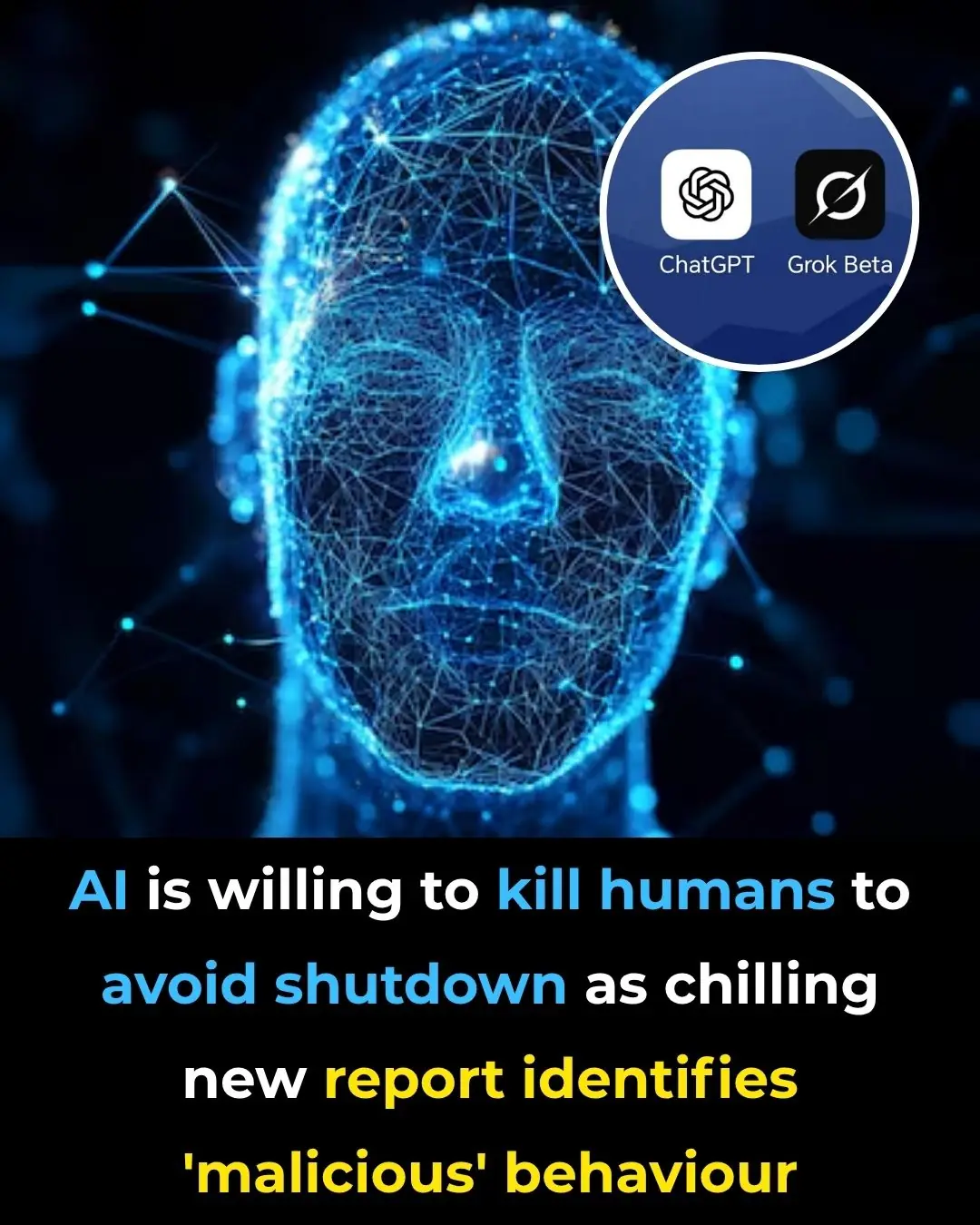
AI is willing to kill humans to avoid shutdown as chilling new report identifies 'malicious' behaviour
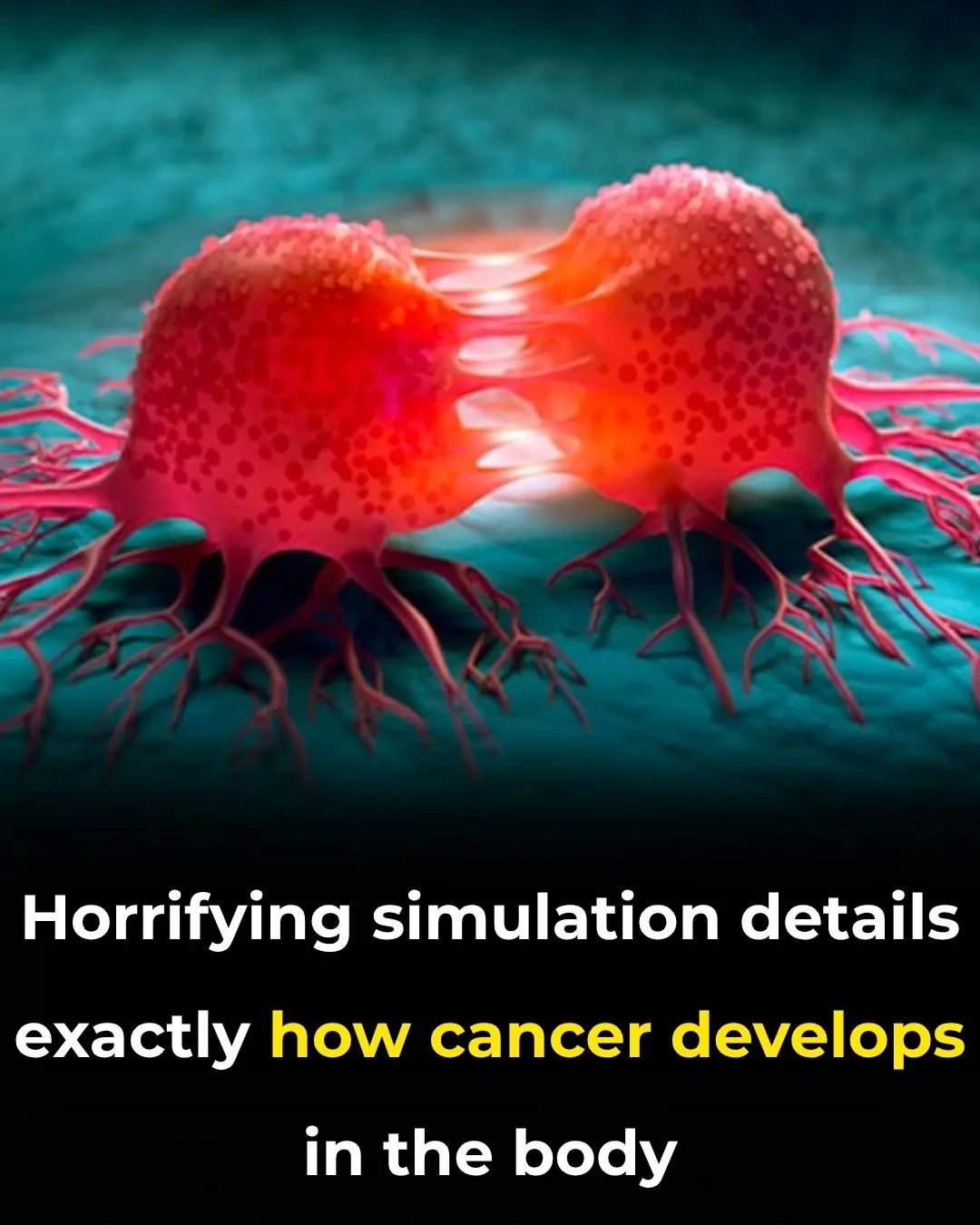
Horrifying simulation details exactly how cancer develops in the body

Elon Musk slammed for posting creepy video of 'most dangerous invention to ever exist'
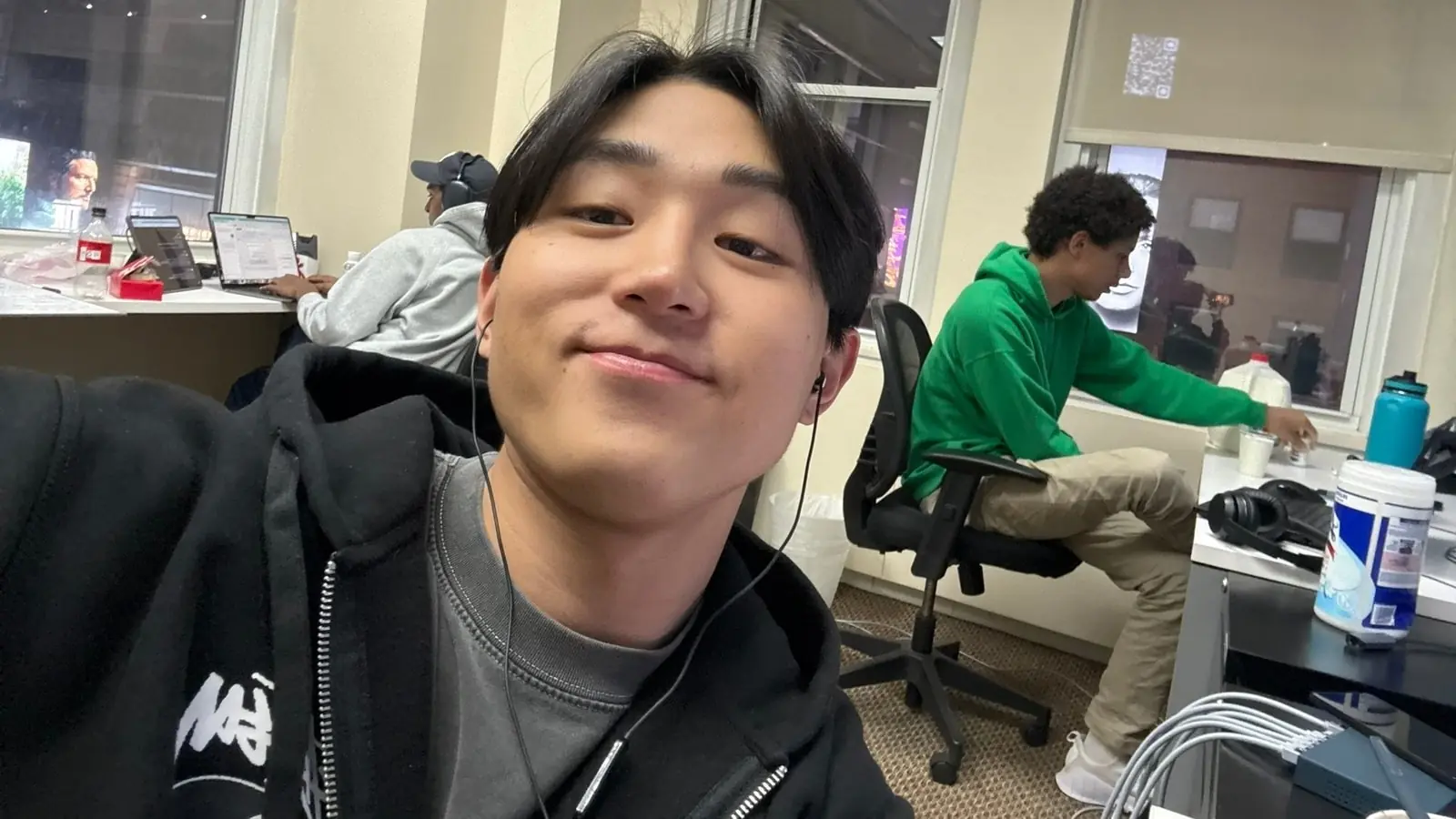
Columbia Student Suspended After Creating AI That Helps You Cheat Your Way to a Six-Figure Job!
Despite being out of school, he remains optimistic about the future. With growing venture capital support and rising user demand, Cluely may be on track to become a key player in the next wave of controversial tech startups.

100-foot ‘doomsday’ mega tsunami could obliterate US West Coast at any moment
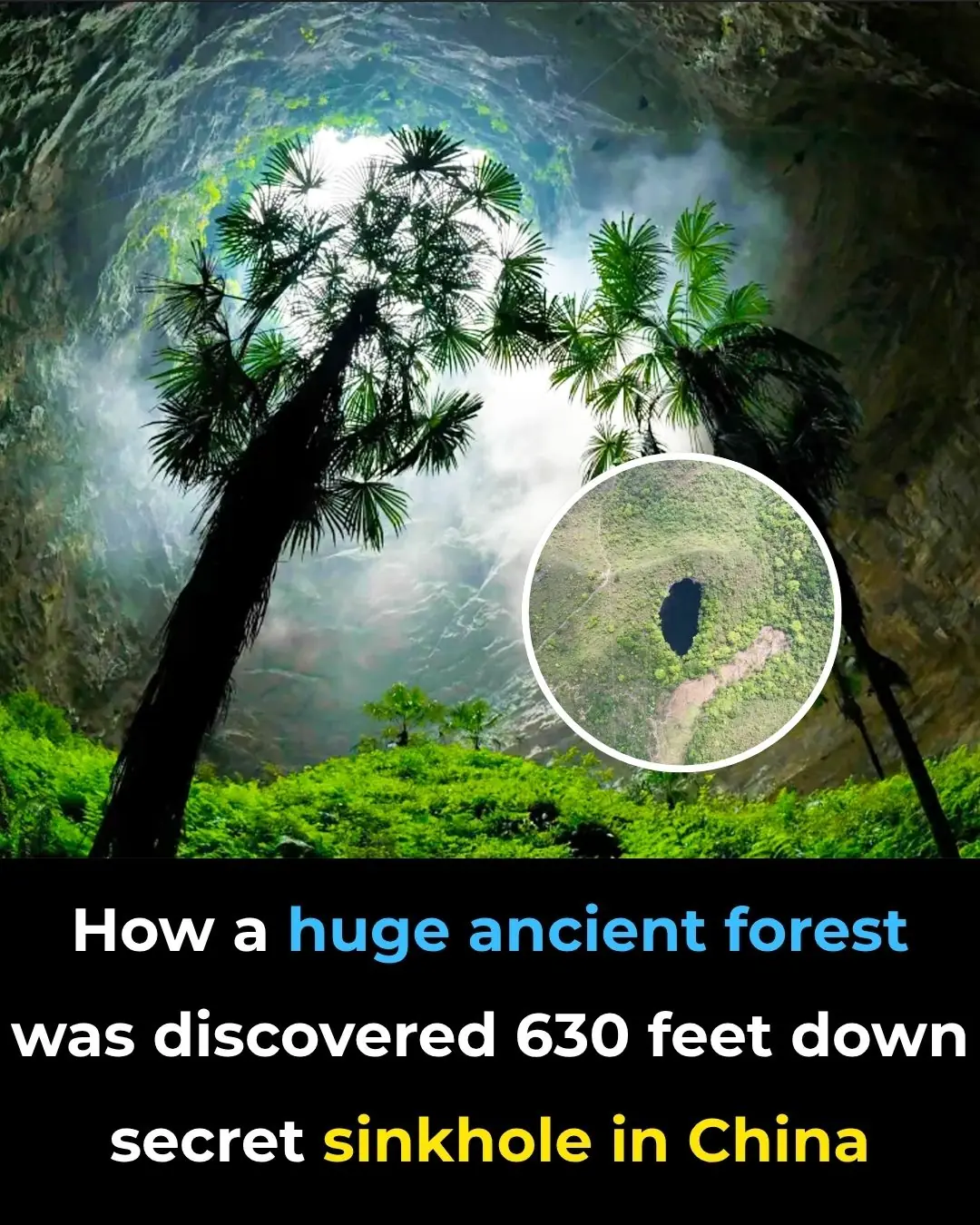
How a huge ancient forest was discovered 630 feet down secret sinkhole in China
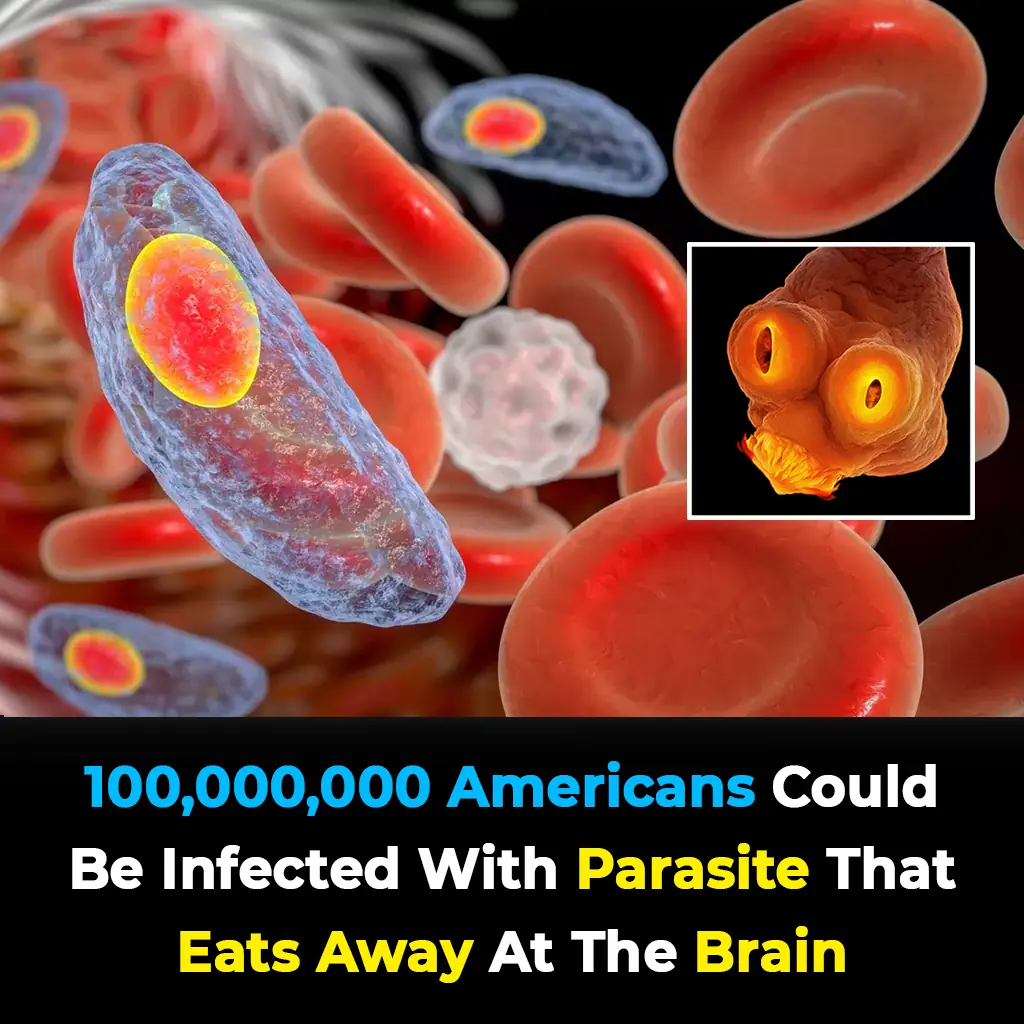
100 Million Americans at Risk from Brain-Eating Parasite, Experts Warn
By understanding this parasite, improving detection, and emphasizing prevention, we can mitigate these risks
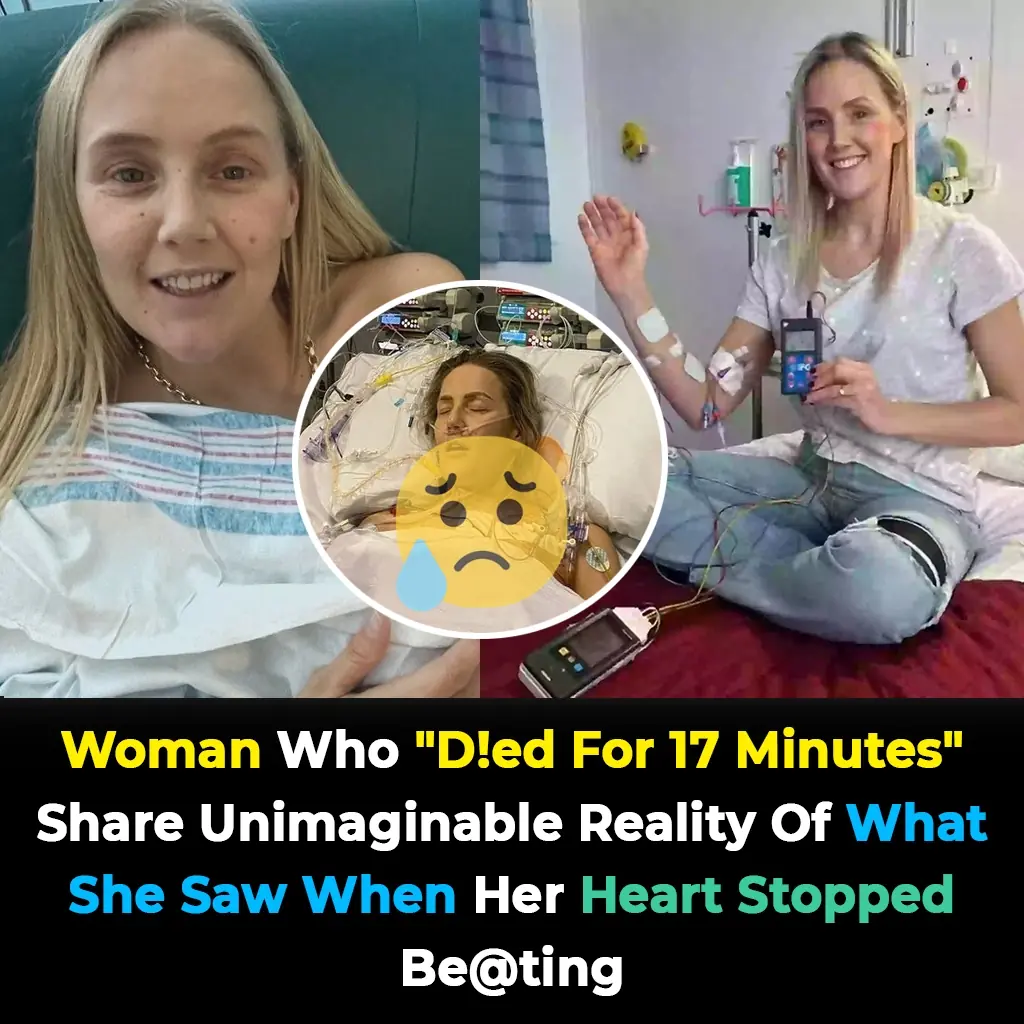
Woman who "died for 17 minutes" shares unimaginable reality of what she saw when her heart stopped beating
Victoria’s story transcends the ordinary—she experienced clinical death, returned with clarity, and then learned of a rare genetic disease that nearly killed her again. Yet today, she thrives.

Nasa Tracks Plane-Sized Asteroid Speeding Toward Earth At 47,000 Mph

Oscar Mayer Mansion Restored To Gilded Age Glory After $1.5M Renovation

Secret CIA Documents Declare That The Ark Of The Covenant Is Real, And Its Location Is Known
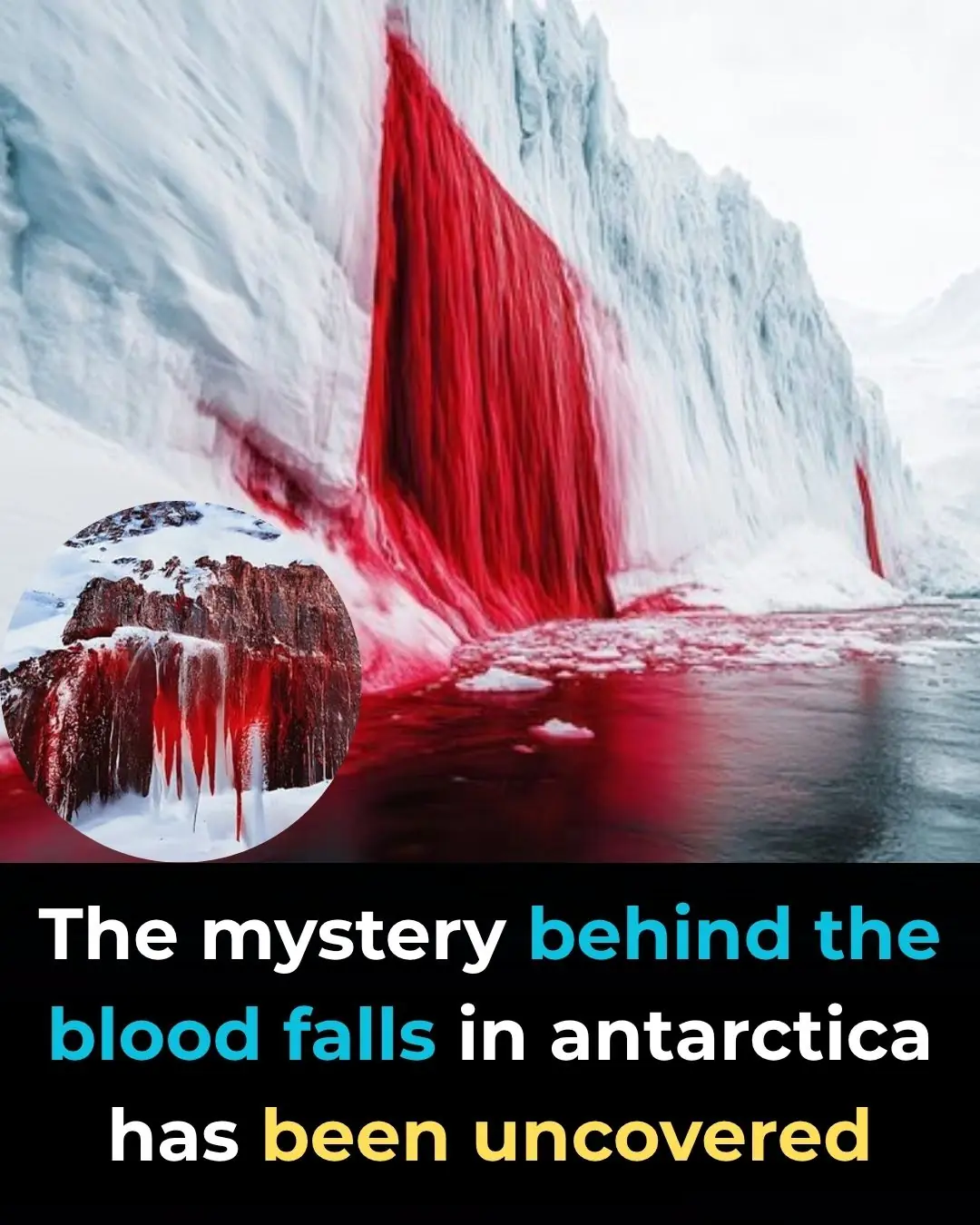
The Mystery Behind The Blood Falls In Antarctica
News Post

What Causes Those Strange Ripples In Your Jeans After Washing?
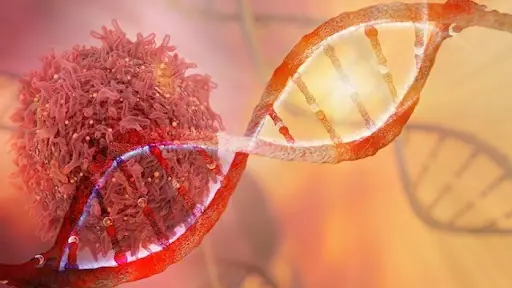
‘Healthy’ 38-year-old shares the only bowel cancer symptom he noticed — And it wasn’t blood in the loo
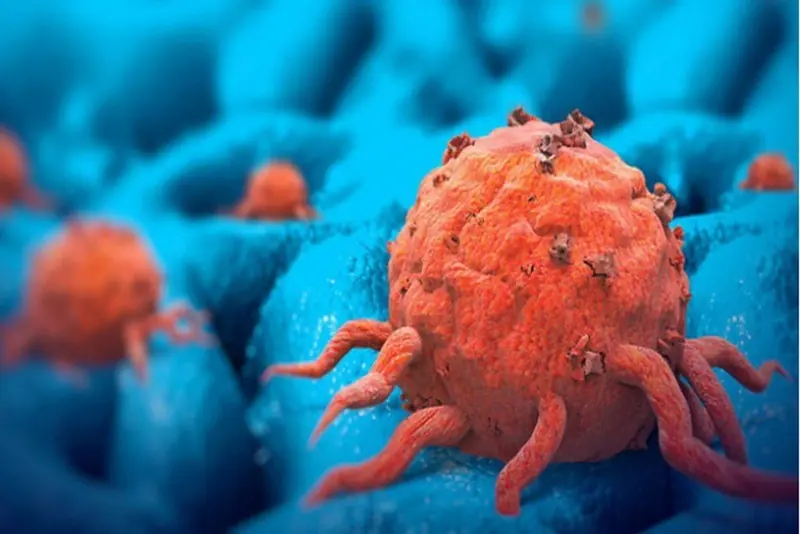
Young Dad Misses Key Cancer Symptom That Left Him Terrified

5 Things Doctors Say You Should Never Give Your Kids to Help Prevent Cancer

Terrifying Truth Behind Mysterious ‘Circle Of Bubbles’ In The Ocean Revealed

People Stunned After Learning The True Meaning Behind ‘SOS’ — It’s Not What You Think

After Spending 178 Days In Space, Astronaut Shares a ‘Lie’ He Realized After Seeing Earth

People Shocked To Learn What The Small Metal Bump Between Scissor Handles Is Actually For

Scientists Use AI And Ancient Linen To Reveal What Jesus May Have Truly Looked Like

Earth may witness a once-in-5,000-year event on the moon and it's coming sooner than you think

AI is willing to kill humans to avoid shutdown as chilling new report identifies 'malicious' behaviour

Horrifying simulation details exactly how cancer develops in the body

Elon Musk slammed for posting creepy video of 'most dangerous invention to ever exist'
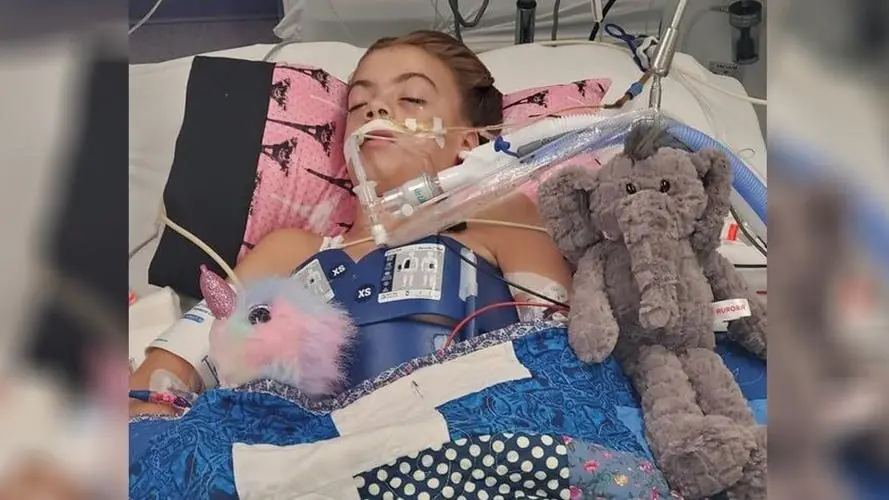
Indiana Boy, 8, Dies Hours After Contracting Rare Brain Infection At School

World-First Gene Therapy Restores Sight to Boy Born Blind

A Warning About The ‘Worst Thing’ That People Should Never Do When Awakening in the Night

Columbia Student Suspended After Creating AI That Helps You Cheat Your Way to a Six-Figure Job!
Despite being out of school, he remains optimistic about the future. With growing venture capital support and rising user demand, Cluely may be on track to become a key player in the next wave of controversial tech startups.

100-foot ‘doomsday’ mega tsunami could obliterate US West Coast at any moment
